Midnight's Children
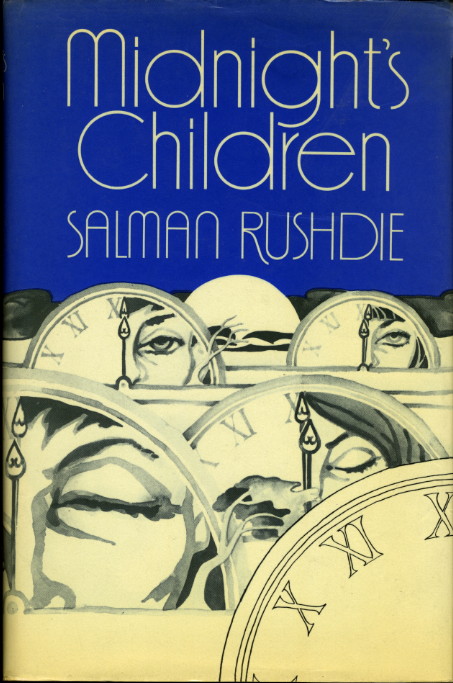 Midnight’s Children by Salman Rushdie (1981). Years before The Satanic Verses, Rushdie had already won the Booker Prize for this reverential and blasphemous novel. Two babies born at the precise moment modern India came into existence—one Muslim, one Hindu—are then switched at birth and grow up in the other’s faith.
Midnight’s Children by Salman Rushdie (1981). Years before The Satanic Verses, Rushdie had already won the Booker Prize for this reverential and blasphemous novel. Two babies born at the precise moment modern India came into existence—one Muslim, one Hindu—are then switched at birth and grow up in the other’s faith.
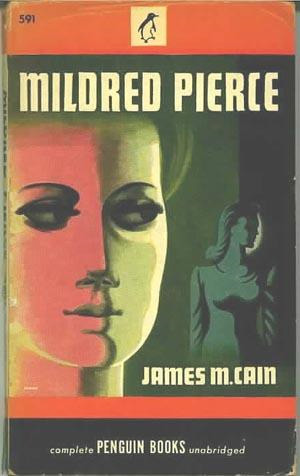 Mildred Pierce
Mildred Pierce Moby-Dick
Moby-Dick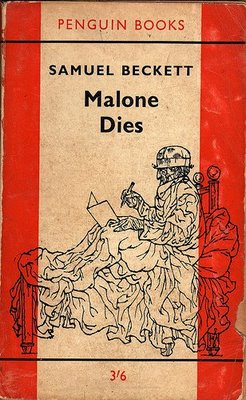

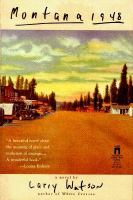
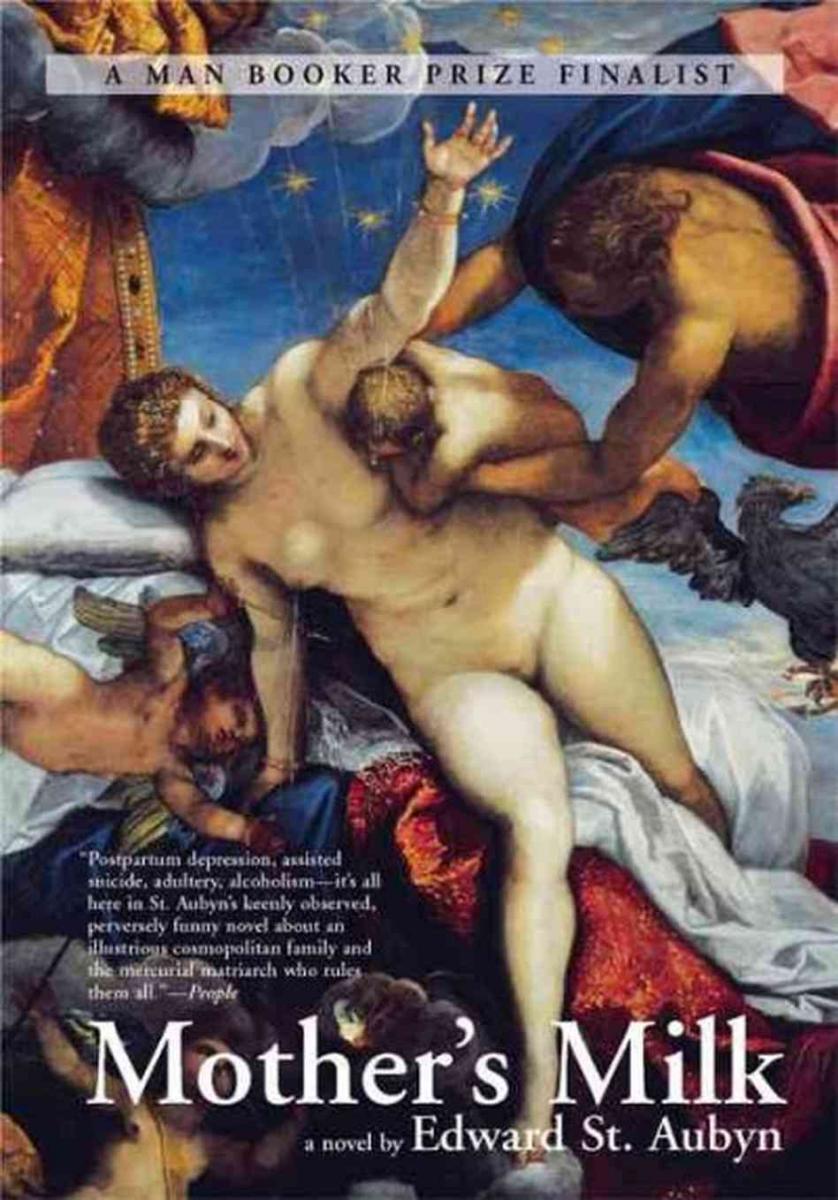 Mother's Milk
Mother's Milk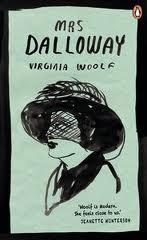 Mrs. Dalloway
Mrs. Dalloway My Ántonia
My Ántonia